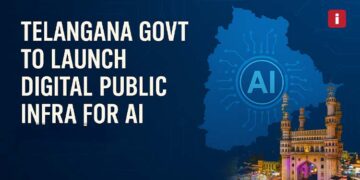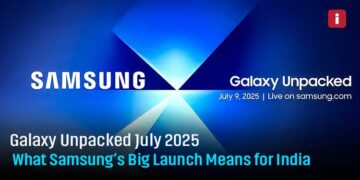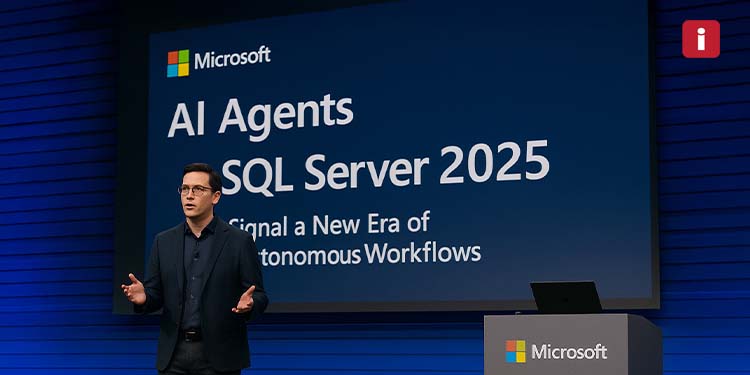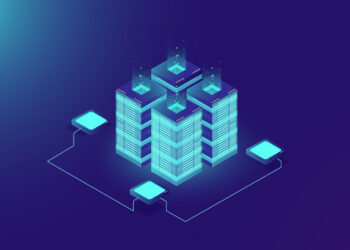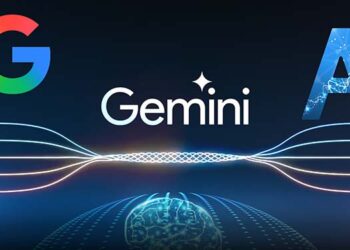The Microsoft Build 2025 conference delivered a bold vision for the future of enterprise technology. Two major announcements took center stage this year: the debut of Microsoft’s AI agents framework and the public preview of SQL Server 2025. Together, these advancements reflect Microsoft’s strategic push toward an era where autonomous software workflows replace manual tasks allowing businesses to scale faster, smarter, and with more precision.
These updates are not just incremental product improvements; they signal a foundational shift in how work is organized and executed across industries. Microsoft is setting the stage for what it calls the agentic web where AI operates with context, initiative, and independence.
AI Agents | Microsoft’s Vision for Workflow Automation
One of the most talked-about announcements at Build 2025 was Microsoft’s introduction of AI agents, a new enterprise-focused framework designed to go beyond traditional virtual assistants.
Unlike the AI tools of today that respond to user prompts, these agents are built to understand workflows, manage dependencies, and drive outcomes proactively. According to Microsoft CTO Kevin Scott, the company is entering the age of the agentic web, where AI does not merely answer questions but takes ownership of business processes.
Microsoft plans to integrate these intelligent agents directly into its Microsoft 365 suite—including Outlook, Excel, and Teams making them a seamless part of daily business operations.
For example, a marketing AI agent could automatically generate and schedule campaign emails, monitor engagement metrics, and optimize content strategies based on real-time performance. In finance, an agent might reconcile budget discrepancies, detect anomalies, and generate quarterly financial reports all without manual intervention.
Developers will also be able to build custom agents using open protocols, enabling deep interoperability with third-party systems such as customer relationship management tools, content platforms, and cloud services.
SQL Server 2025 | A Data Platform Designed for AI
While the AI agents represent the intelligent interface layer, SQL Server 2025 forms the powerful foundation underneath. Now available in public preview, this next-generation database is built specifically to support AI workloads.
SQL Server 2025 allows developers to deploy and execute machine learning models directly within SQL queries. This eliminates the need to transfer data between the database and external AI services, reducing latency and simplifying architecture.
In addition to performance gains, this model-centric architecture improves data governance by keeping sensitive information within a single secure environment. It also supports native vector search, making it possible to run similarity searches across documents, images, and text—an essential capability for generative AI use cases.
Microsoft has also enhanced the platform’s integration with Azure Synapse, allowing enterprises to harness real-time analytics in hybrid cloud environments. Security protocols have been strengthened to meet the demands of AI-scale computing, making SQL Server 2025 a strong choice for enterprises managing high-stakes data operations.
Implications for the Enterprise AI Landscape
The announcements at Build 2025 reveal Microsoft’s intent to lead the evolution of enterprise computing. Rather than focusing solely on consumer-facing AI or standalone productivity apps, Microsoft is building a unified AI ecosystem that connects cloud infrastructure, core data systems, and the tools knowledge workers use every day.
This positions Microsoft as a central player in shaping autonomous enterprise environments, where AI systems can operate with awareness of business context, execute high-value tasks, and integrate across platforms without human micromanagement.
For developers, this means new opportunities to build AI-native software that integrates with Microsoft’s growing ecosystem. For startups, it presents a ready-made infrastructure for launching intelligent services. And for enterprise IT leaders, the shift points toward a future where automation is not a tactical add-on but a strategic foundation.
What Comes Next
These technologies are available now. AI agents are expected to roll out across Microsoft 365 products in the coming months, while SQL Server 2025 can be accessed in public preview starting today.
Developers can begin experimenting with the AI Agents SDK. Data teams can start deploying models natively within SQL Server. Organizations of all sizes can explore how to redesign their workflows around autonomy, efficiency, and data intelligence.
Microsoft’s Build 2025 announcements make one thing clear: the next wave of digital transformation will be powered by AI systems that think, act, and adapt. And those systems are already here.
Explore the full set of tools and updates from Build 2025 at build.microsoft.com.
For more detailed analysis, insights, and expert commentary on enterprise AI trends, follow Insight Tech Talk and subscribe to our newsletter.


















